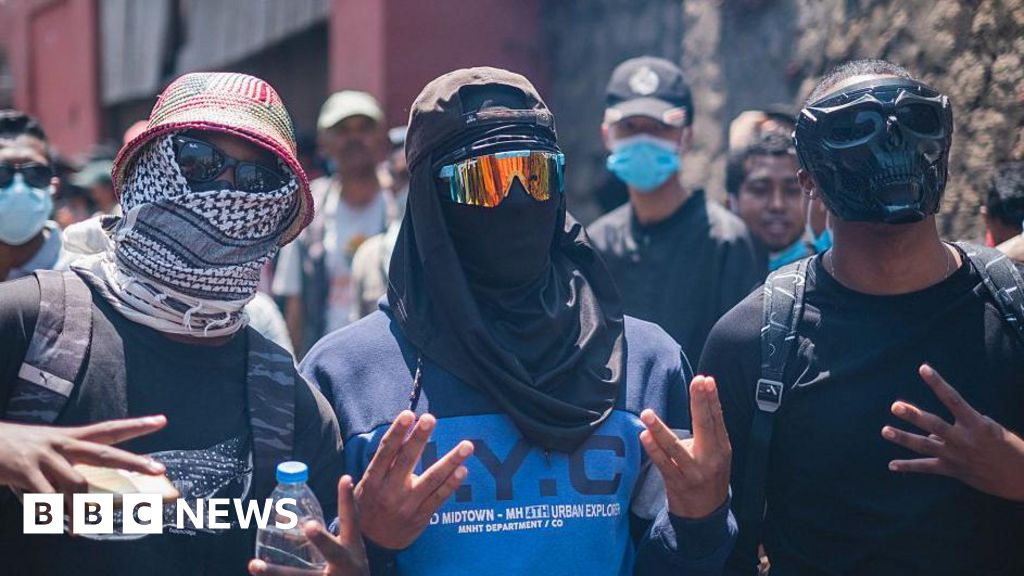Madagascar Crisis Deepens: Gen Z-Led Protests Persist After Government Sacking, UN Reports 22 Dead
Madagascar Crisis Deepens: Gen Z-Led Protests Persist After Government Sacking, UN Reports 22 Dead

Thousands of people across Madagascar continue to protest for over a week, posing the most serious challenge to President Andry Rajoelina since he returned to power in 2018. A recent sacking of his government earlier this week has failed to placate demonstrators, with the United Nations reporting at least 22 fatalities and over 100 injuries amidst the escalating unrest. The Malagasy government, however, disputes these casualty figures.
This unprecedented wave of protests, the largest the Indian Ocean island nation has witnessed in more than 15 years, was ignited by widespread anger over chronic power and water shortages. Pressure intensified following the September 19 arrest of two city politicians who had planned a peaceful demonstration in the capital, Antananarivo, against the state-owned utility company Jirama’s failures.
Led initially by the youth-led online movement ‘Gen Z Mada,’ the protests have since spread to eight other cities and gained support from civil society groups, several labor unions (including the country’s largest, the Malagasy Trade Union Solidarity), and opposition figures like Siteny Randrianasoloniaiko and former President Marc Ravalomanana. Protesters, many waving banners demanding “Rajoelina out,” are calling for the president’s resignation, blaming him for the nation’s problems, and demanding broader political reforms, including the ‘cleaning up’ of the National Assembly and accountability for those reportedly killed by security forces.
In response to the escalating crisis, President Rajoelina sacked his cabinet on Monday, accusing some ministers of failing to perform their duties. He promised World Bank funding to address power outages and called for dialogue with the youth. However, his actions, coupled with a heavy security crackdown involving tear gas, water cannons, and a dusk-to-dawn curfew in Antananarivo, have failed to assuage public anger and have instead intensified it. Authorities maintain that unauthorized gatherings pose risks to public order.
The crisis unfolds in one of the world’s poorest countries, where 75% of the population lives below the poverty line, and only about a third has access to electricity. Analysts warn that if authorities continue to rely on force to suppress dissent rather than prioritizing accountability, the demonstrations risk dragging on and intensifying. Madagascar has a history of political uprisings, including mass protests in 2009 that led to Rajoelina’s initial rise to power.
Disclaimer: This content is aggregated from public sources online. Please verify information independently. If you believe your rights have been infringed, contact us for removal.